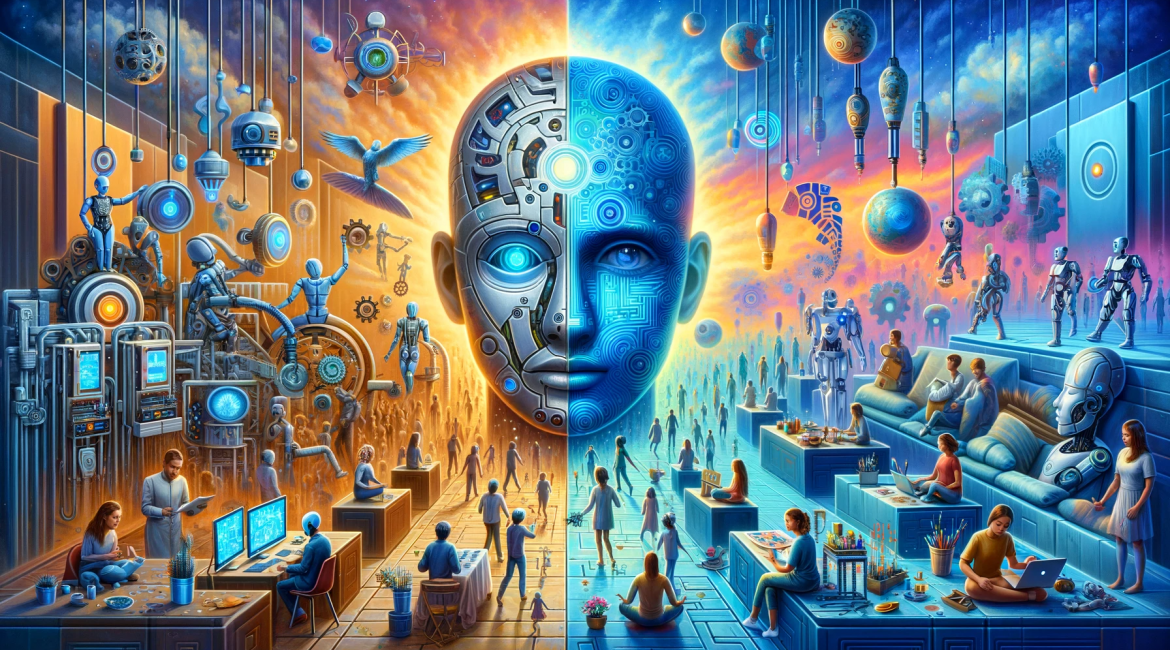The digital revolution isn’t just changing how we connect, it’s transforming the very fabric of work. As AI weaves its way into more sectors, a fundamental question arises: who will benefit, and who will be left behind in the algorithmic reshuffle?
While visions of robot armies may dominate the narrative, the reality is likely to be more nuanced. Jobs involving routine tasks, low-skill roles in vulnerable industries, and even some white-collar professions with predictable algorithms are at risk of automation. This isn’t just a matter of statistics; it’s about livelihoods, communities, and the potential widening of societal inequalities.
The “algorithmic underclass” – those most susceptible to displacement – is not a monolithic group. From assembly line workers to data entry clerks, from customer service representatives to insurance adjusters, the diverse faces of this emerging reality paint a poignant picture. Their jobs, once considered reliable pathways to a decent living, may soon be relegated to the annals of history.
However, this transformation isn’t an inevitable apocalypse. It’s a pivotal moment demanding action and foresight. We must:
- Invest in education and reskilling: Equipping workers with the digital skills and adaptability needed to thrive in the AI-driven economy is crucial. This requires a shift in education systems towards lifelong learning and robust reskilling initiatives.
- Strengthen social safety nets: Robust unemployment benefits and other social programs can ease the transition for those displaced by automation, mitigating the human cost of economic change.
- Promote ethical AI development: Ensuring AI systems are fair, unbiased, and transparent is essential for minimizing their negative impacts on vulnerable groups. This requires comprehensive ethical guidelines and regulations for AI development and deployment.
The algorithmic reshuffle is not just about jobs, it’s about what it means to be human in an increasingly automated world. As AI encroaches on tasks previously reserved for flesh and blood, we must ask ourselves: what values define us beyond our productivity? What skills, unique to our human experience, will remain irreplaceable in the face of machine intelligence?




